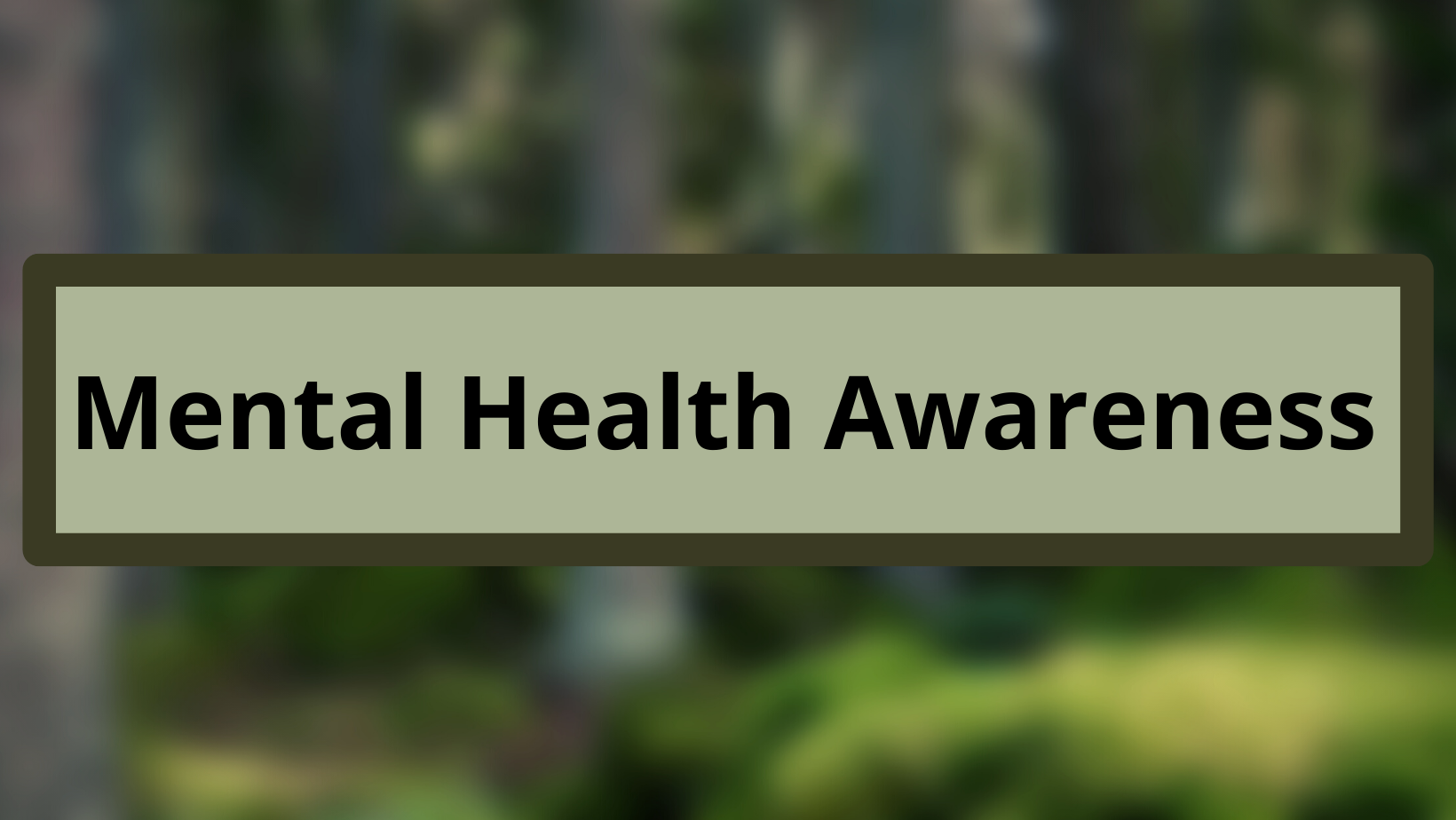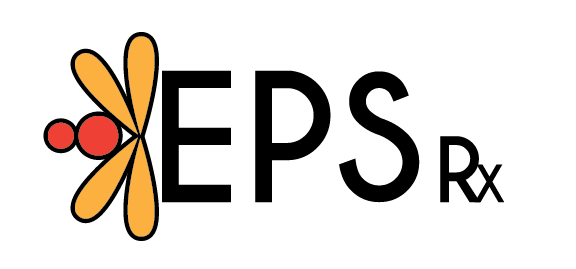
May is Mental Health Awareness Month. The unpredictable journey of life can throw us a lot of tough things sometimes. We are not born with a manual on how to navigate new challenges. In times of great stress, it isn’t easy to find tools to help your situation. We have compiled a list of self-regulation practices that can aid in more stressful times.
Deep breathing
You’ve probably heard this tip before, but deep breathing is a wonderful way to connect your mind to your body. It allows us to slow down and recognize that we are safe. Deep breathing will enable you to slow down the body’s natural stress response and “turn down the volume” of the immediate panic response your body is experiencing.
Exercise
Exercise can have a profoundly positive impact on depression, anxiety, and ADHD. Regular exercise boosts our minds, reduces our stress levels, and can increase our overall sense of well-being. It also relieves stress, improves memory, helps you sleep better, and boosts your overall mood. Research indicates that modest amounts of exercise can make a real difference. Find an activity you enjoy and make it a part of your daily routine.
Journaling
Writing down your thoughts can be a powerful tool for processing what’s going on in your mind and any emotions building up. Breaking down your thoughts and your victories is essential. It allows us to understand our feelings on a deeper level and celebrate our wins. Journaling can provide a safe space for reflecting on what’s going on in your day.
Strong social connections
One of the positive aspects of living with a rare condition is the strong communities available to you. Strong social connections are essential for resilience. One person can not be expected to handle everything themselves, so we need to allow ourselves to lean on the people around us. Interacting with and sharing your experience with people that can truly understand what you or your family is going through can make you feel seen and supported.
Professional help
We can’t hesitate to reach out for professional help when it exceeds the capacity of our natural support system. Asking for help is not a sign of weakness. Seeking help is the most vulnerable thing we can do, and vulnerability is strength. After all, we can not pour from an empty cup/
Asking for support if you are struggling with mental health challenges is vital. It’s time that we take care of our mental health just as seriously as the health of our overall bodies.

Recent Comments